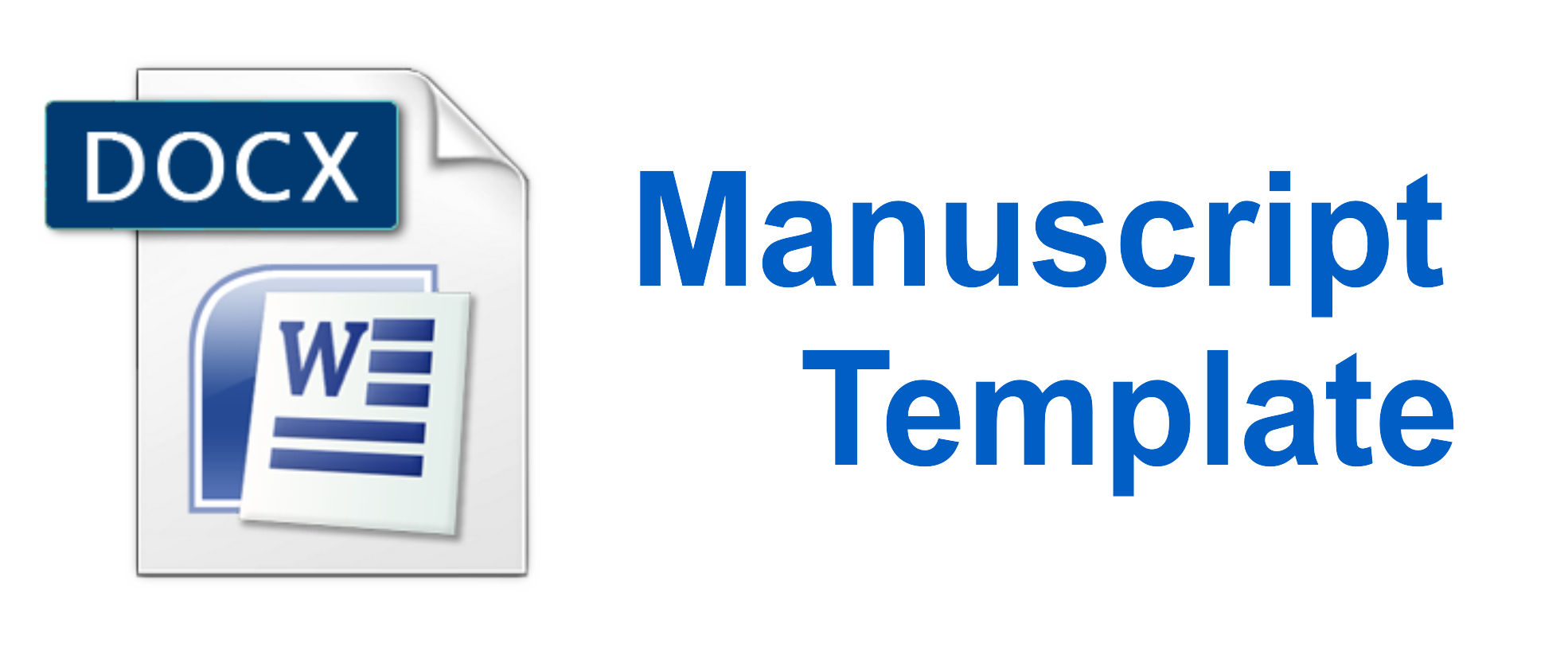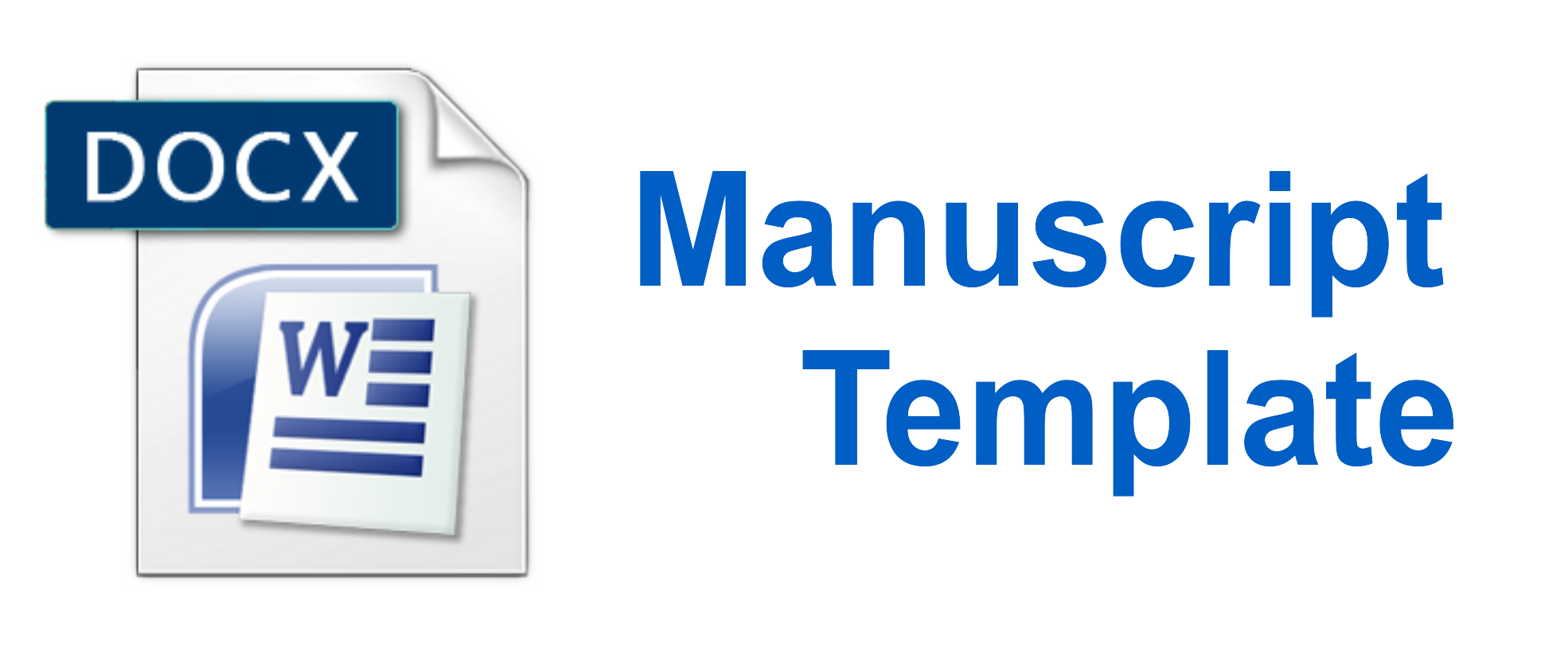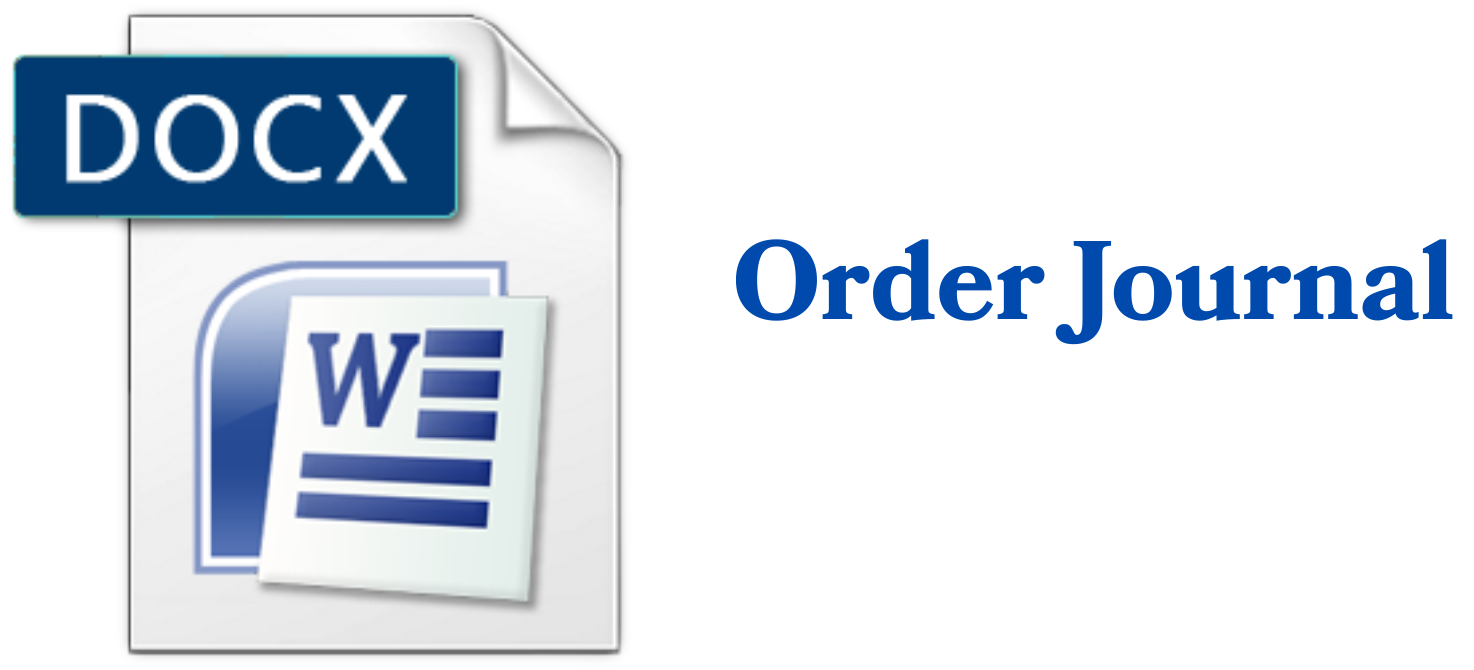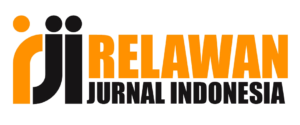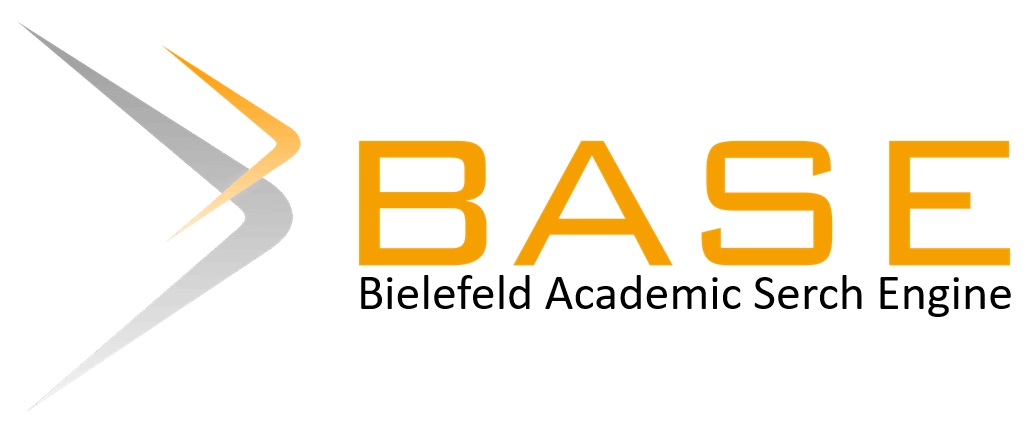KONTEKSTUALISASI PEMBELAJARAN PAI BERBASIS KEHIDUPAN
DOI:
https://doi.org/10.35316/edupedia.v4i2.664Keywords:
Islamic Education, Life-Based LearningAbstract
Islamic education learning to date has not shown significant results. Islamic education learning tends to be theoretical and unrealistic with life. The implementation of religion is more symbolic ritual. Islamic religious education should be able to create individuals capable of applying Islamic values in every aspect of life. This classic problem is urgent to find a solution, because Islam is a source of values, ethics and outlook on life of every Muslim community. Islamic education contextualization efforts are absolutely necessary in educational institutions. So reorienting the learning approach that oversees and gives birth to output that can contribute to the environment becomes important to do in the world of education. This paper presents a solution to the existence of life-based Islamic education learning. Life-based learning is a learning approach that forms a contextual-integrative-holistic learning environment. One of the efforts made in implementing this approach in Islamic education learning is that in addition to the curriculum it must be designed based on the needs of students who have unique, characteristics, and potentials as well as different developments and dynamics.Islamic education curriculum is also designed with the perspective of local and global excellence, while the teacher is the curriculum executor who will oversee and print students according to educational goals. In this case the teacher requires standards of academic qualifications and competence.
Downloads
Published
How to Cite
Issue
Section
License
Edupedia: Jurnal Studi Pendidikan dan Pedagogi Islam adopts the Creative Commons Attribution–ShareAlike 4.0 International License, which allows users to reproduce, modify, and distribute published articles in any medium for lawful purposes, provided that appropriate attribution is given to the original author(s) and the journal, the license is properly cited, any changes are clearly indicated, and derivative works are distributed under identical licensing terms.
Upon publication in Jurnal Kesehatan Vokasional, authors confer to third parties the rights to use their articles in compliance with the Creative Commons Attribution–ShareAlike 4.0 International License.
Copyright on articles is retained by the respective author(s), without restrictions. A non-exclusive license is granted to Edupedia: Jurnal Studi Pendidikan dan Pedagogi Islam to publish the article and identify itself as its original publisher, along with the commercial right to include the article in a hardcopy issue for sale to libraries and individuals.
![]()



